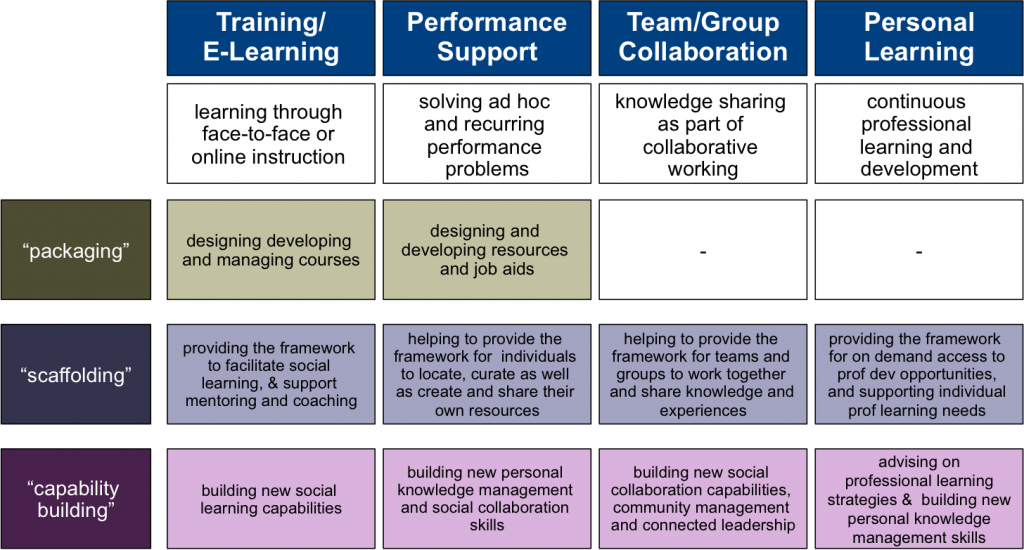The 3 Ms, quality and instructional design of MOOCs
 The 3 Ms of MOOCs are Mission, MOOCs and Money. The fundamental questions boards should be asking include:
The 3 Ms of MOOCs are Mission, MOOCs and Money. The fundamental questions boards should be asking include:- Why are we online? Is the movement to or expansion of online education consistent with the institutional mission? Does and will it serve and advance the institutional mission? Or is the key issue in the discussion about online education—including any conversations about MOOCs—money?
- How do we assess quality—that of our own online offerings and those of others, including the MOOCs?
- What will it take to achieve our objectives in terms of online learning—including human and financial capital, content expertise, the political will to change, and many other concerns?
Quality in online education, in particular MOOCs might be defined differently from those quality in classroom education, with a face-to-face teaching environment. What is quality of MOOC from the perspective of educators, learners, and employers?
Quality is defined as conformance to requirements (Philip B. Crosby) (slide on Cost of Quality as Driver of Quality Improvement). Have the cost of conformance and non-conformance been examined and analysed in MOOCs? What are the “true cost” of MOOCs in the quality equation? Read more...











/https%3A%2F%2Fprofilepics.canalblog.com%2Fprofilepics%2F1%2F0%2F1076071.jpg)